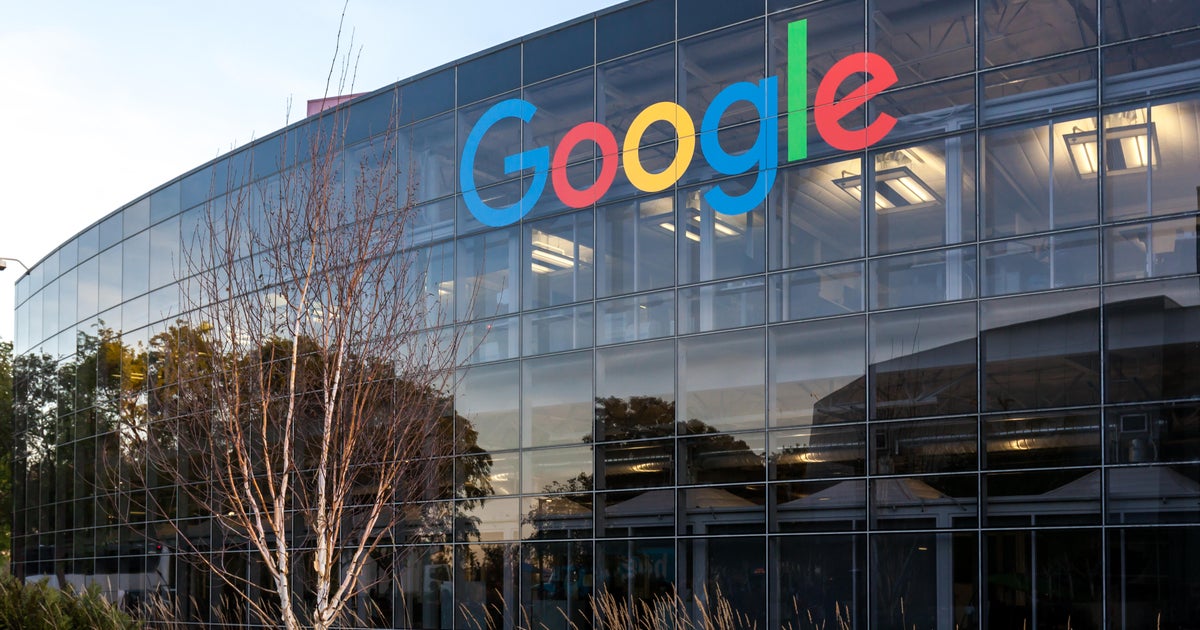Google Faces Crucial Antitrust Remedy Hearing as DOJ Proposes Radical Changes
The DOJ seeks major reforms to curb Google's market dominance, including selling Chrome and blocking exclusive deals with device makers amid ongoing antitrust scrutiny.
Subscribe to unlock this story
We really don't like cutting you off, but you've reached your monthly limit. At just $5/month, subscriptions are how we keep this project going. Start your free 7-day trial today!
Get StartedHave an account? Sign in
Overview
The U.S. DOJ's remedy hearing against Google commenced following a ruling that deemed the company an illegal monopoly. Key proposed penalties include divesting the Chrome browser and prohibiting exclusive contracts with other tech firms. This case, likened to the historic Microsoft antitrust battle, comes as Google faces challenges from rivals in a shifting technological landscape that increasingly incorporates AI. The DOJ's attorney argued for strong measures to ensure competition, stressing that Google's dominance hampers innovation. Google counters that the remedies could diminish consumer choice and stifle innovation. Closing arguments are anticipated by late May 2025.
Report issue

Read both sides in 5 minutes each day
Analysis
- The DOJ has a strong case against Google, having already proven its illegal monopoly; the remedy hearings will focus on how to address Google's violations, potentially by forcing it to divest key assets like Chrome.
- The trial is anticipated to significantly impact both Google's business model and the broader online market, with potential outcomes echoing historical antitrust cases involving major corporations.
- Google is expected to push back against proposed remedies, arguing they are excessive and could harm consumer choice and innovation, particularly concerning privacy and security.
Articles (7)
Center (4)
FAQ
The DOJ is proposing several major reforms including forcing Google to divest its Chrome browser, requiring Google to share some of its search and advertising data with competitors, and blocking Google from making exclusive deals with device makers such as Apple. These measures aim to reduce Google's dominance and foster competition.
U.S. District Judge Amit Mehta ruled that Google illegally exploited its dominance in the search engine market by making anti-competitive deals that lock in its search engine on widely used devices, thereby stifling competition and innovation.
Google argues that the DOJ's proposed remedies could reduce consumer choice and stifle innovation, countering that the company's practices have driven beneficial innovation rather than harmed competition.
The federal judge presiding over the case, Amit Mehta, is expected to issue a decision on the proposed remedies by August 2025 following the conclusion of the current remedy hearings.
The DOJ views Google as an "economic leviathan" whose illegal conduct has created a monopoly that undermines competition and innovation by controlling key digital markets, thereby harming the marketplace and consumers.
History
- 6M

 3 articles
3 articles





